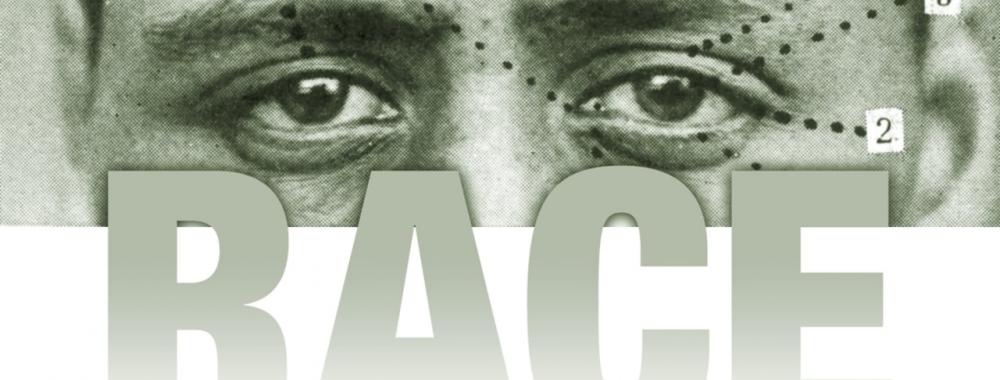These are the articles and questions covered during our Winter 2021 Zoom meetings.
To join the reading group listserv and attend the meetings, please email us at somaucdavis@gmail.com
These are the articles and questions covered during our Winter 2021 Zoom meetings.
To join the reading group listserv and attend the meetings, please email us at somaucdavis@gmail.com

This week we will discuss two articles (article one and two) exploring the case of Henrietta Lacks. Neither Henrietta Lacks nor her family knew that a sample of the malignant tumor that killed her 10 months after its discovery had been collected, sent off for study, and turned into a stable cell line that led to the development of several profitable and lifesaving medical advancements. HeLa cells, the cell line generated from Henrietta Lacks’ immortal tumor cells, tell an intriguing story about medical consent, scientific racism, and ethics privacy. It is no surprise that both articles were published mid-2020, a year that was marred by state and government sanctioned violence towards Black people and a pandemic that disproportionately infected and killed Black and Indigenous people. While vaccine development efforts struggled to get Black people to participate in studies and Joe Biden misguidedly suggests turning Black churches into vaccine distribution sites, it is important to explore one of the most well- known (but far from egregious) cases of scientific and medical misconduct towards Black people. Only by understanding the story of Henrietta Lacks’ cells and similar cases can we address the ethics of how we do research and begin work to heal the rift between science, medicine, and marginalized communities that has implications for human health and quality of life as well as scientific understanding and discovery.
Questions can be found here.

This week we will discuss the paper entitled, The importance of diversity in cognitive neuroscience, by Vonetta Dotson and Audrey Duarte (2020). The paper argues that a lack of diversity in the sample population leads to a lack of generalizability and therefore an inability to serve the treatment needs of a diverse population.
Abstract: The vast majority of what is known about the neural underpinnings of human cognition comes from studies limited to racially, ethnically, and socioeconomically homogeneous samples. Furthermore, although most studies include both males and females in their samples, sex differences in patterns of brain activity and performance are rarely evaluated. We discuss recent research suggesting that one’s socioeconomic status, race/ethnicity, and sex contribute to individual differences in neural structure, function, and related cognitive performance across a variety of cognitive domains. These studies make it clear that findings from decades of cognitive neuroscience research are likely not generalizable to a population that is much more diverse than the samples tested. We argue that these demographics cannot be ignored if we want to understand the neural substrates of human cognition for the diverse, general population. Cognitive neuroscience has been, and continues to be, used to inform education policy and clinical practice. We argue that greater diversity in cognitive neuroscience research is needed to improve reproducibility and to serve the treatment needs of a diverse population. We discuss the challenges to achieving this goal, including consideration of confounding and correlated variables, recruitment, necessary costs, and best practices for dealing with them.
Questions are available here.

This meeting's "article" is the first episode of the video series, 'Race - The Power of an Illusion'. From the website: "The division of the world's peoples into distinct groups - "red," "black," "white" or "yellow" peoples - has became so deeply imbedded in our psyches, so widely accepted, many would promptly dismiss as crazy any suggestion of its falsity. Yet, that's exactly what this provocative, new three-hour series by California Newsreel claims. RACE - THE POWER OF ILLUSION questions the very idea of race as innate biology, suggesting that a belief in inborn racial difference is no more sound than believing that the sun revolves around the earth. Yet race still matters. Just because race doesn't exist in biology doesn't mean it isn't very real, helping shape life chances and opportunities."
Questions are available here.

This week's article will discuss the inequalities faced by our LGBTQ colleagues in STEM. From a commentary in Science: "LGBTQ professionals in STEM are 30% more likely to experience workplace harassment compared with their non-LGBTQ peers. They’re also more likely to experience other career-related challenges, including social exclusion and professional devaluation and to consider leaving their STEM profession entirely. That’s according to a new study that surveyed more than 25,000 U.S.-based STEM workers, roughly 1000 of whom identified as LGBTQ. surveyed more than 25,000 U.S.-based STEM workers, roughly 1000 of whom identified as LGBTQ."
Discussion questions are available here.